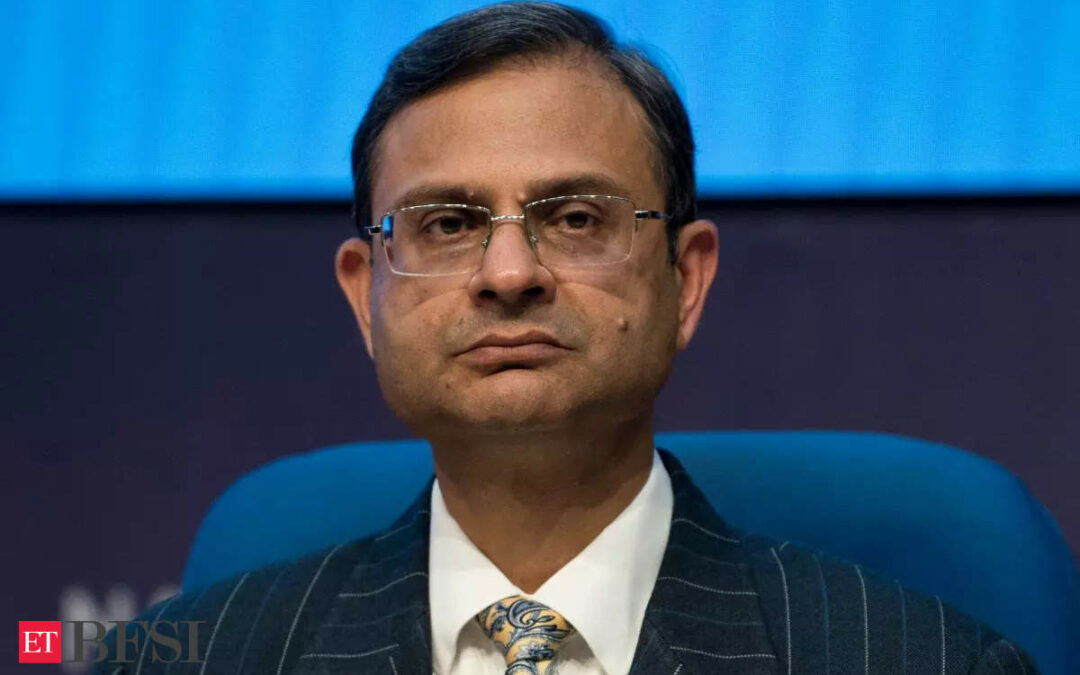Sanjay Malhotra, Revenue Secretary, Ministry of Finance shared the three factors that drove the changes in the capital gains tax in the Union Budget 2024.
These three factors are: Simplicity, Fairness, and Equity.
Substantiating further on how these three factors justify the changes, he said, “Any tax proposal should be simple to implement, fair amongst all, and it should be equitable.”
“Here, the equitable means that those who are more capable can take a little more burden as compared to those who are little less capable.”
“Equitable doesn’t mean putting equal tax on everyone,” he added.
These three parameters have been introduced in the capital gain tax considering the citizens of India.
“You (the citizens), suggested to make it (capital gain tax) simple, and so does the Finance Ministry has done.”
Also Read: What are new capital gains tax provisions announced in Budget? CBDT explains
Talking on the fairness, he said if the capital gains on one asset class is at X%, then why on the other asset class, it should be different?
“Why for different asset classes, there should be different rates? Especially when the holding periods are similar, and the nature of asset is similar,” he said.
“We are Having huge buoyancy in tax revenues. It’s growing at 40% more than GDP. Increase in tax buoyancy is due to increased tax compliance. Budget is trying to promote Viksit Bharat by 2047, by making tax provisions simple with less disputes as the underlining principle,” he said.
“Comprehensive review of Income Tax Act is a mammoth task of 1,600 pages. It’s a huge challenge. Aim is to remove the exceptions in Income Tax Act, remove provisions which are ancient,” he added.
The Revenue Secretary was speaking at PHDCCI’s Post Budget Session on Implications Of Union Budget 2024 in New Delhi.
Notably, the revised capital gains tax framework also aims to discourage short-term trading and encourage long-term investments. The gap between short-term and long-term capital gains tax rates has widened, making long-term holdings more attractive.
This aligns with the government’s goal of promoting sustainable wealth creation and reducing speculative trading.
The Budget proposal said that there will only be two holding periods: 12 months and 24 months for determining whether the capital gains are short-term or long-term, and tax rates have been rationalised and made uniform for majority of assets.
Indexation benefit has been done away in Budget 2024, while raising the exemption limit of Rs 1 lakh for Long-term Capital Gains (LTCG) on these assets such as listed shares and mutual fund to Rs 1.25 lakh.
Further, the Short-term capital gains (STCG) tax has been increased to 20%, and LTCG tax is now 12.5% for specific assets.











